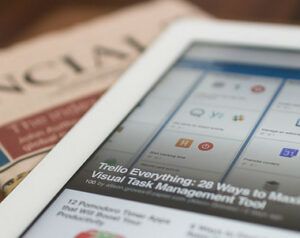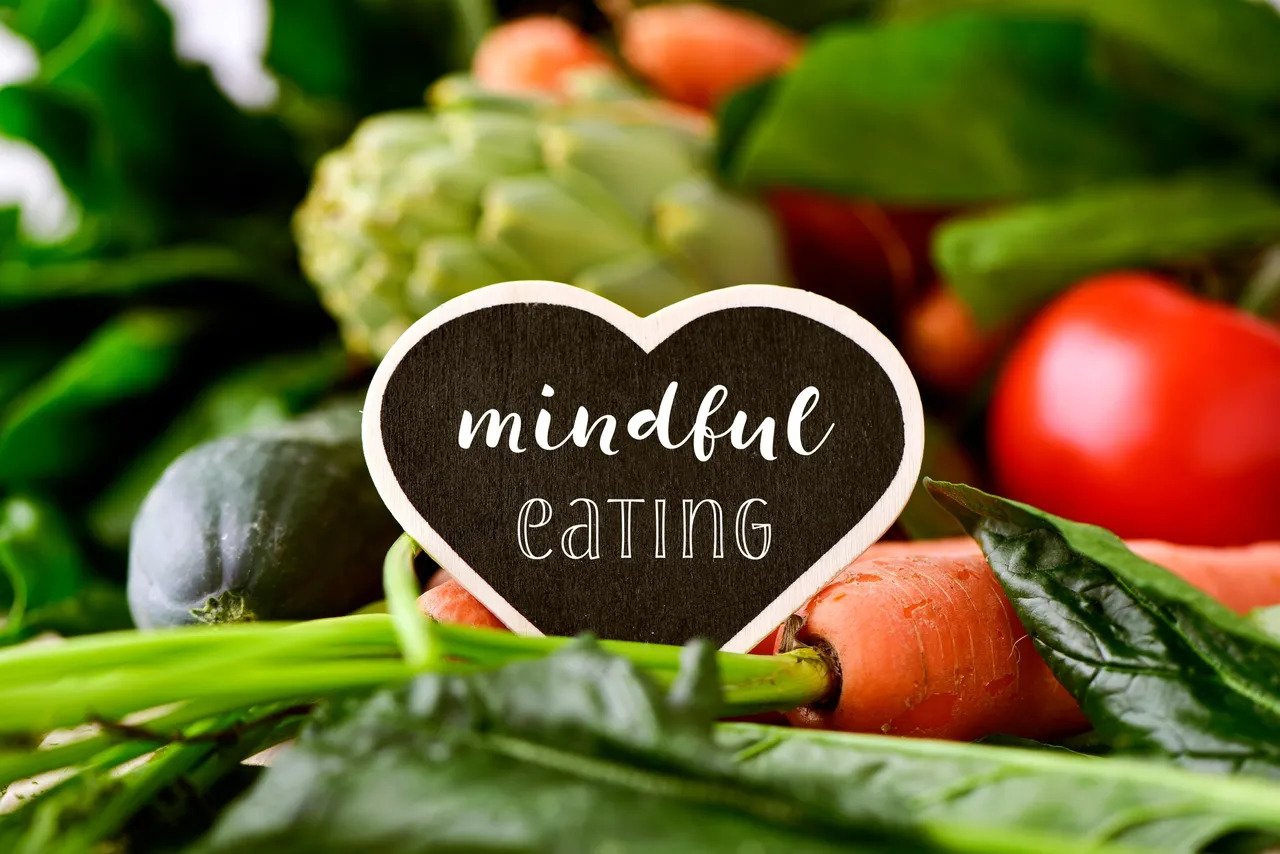Curiosity killed the cat.
 Obtaining new information may be addictive. A study finds information acquisition shares the same dopamine-producing reward system pathway as food, financial rewards, and drugs.
Obtaining new information may be addictive. A study finds information acquisition shares the same dopamine-producing reward system pathway as food, financial rewards, and drugs.
We live in an age where information is becoming the engine that operates our social, economic, and even spiritual life. According to new research, human brains really are hungry for information, and this hunger can evolve into unhealthful snacking-like behaviors now that we have unfettered access to random information.
A new study by researchers at UC Berkeley’s Haas School of Business has found that information acts on the brain’s dopamine-producing reward system in the same way as money or food.
Humans are curious beings by nature. We continually seek to learn, explore, and understand. However, curiosity may not always be a positive characteristic.
The famous saying, “Curiosity killed the cat,” refers to seeking knowledge to the point of putting oneself in danger. Although not exactly in the sense that this saying connotes, today’s human beings’ compulsion to seek information can have adverse effects.
Vain information equals empty calories to your brain.
People seek information not just because it has value and can bring them benefits but also because we want to know, regardless of whether we intend to use the information or whether it is useful.
While economists have tended to view curiosity as a means to an end, valuable when it can help us get information to gain an edge in making decisions, psychologists have long seen curiosity as an innate motivation that can spur actions by itself. For example, sports fans might check the odds on a game even if they have no intention of ever betting.
As we greedily scroll through social media or read random bite-sized articles about nothing, in particular, we may be feeding our brains the equivalent of empty calories. Or, to put it another way, our brains can be addicted to priceless information that we eat insatiably.
The amount of information we have access to at any given time is incredible! Unfortunately, however, in this day and age, information addiction is a growing dilemma.
Learning new information can be exhilarating, and our brains get used to it over time. But, let´s find out more about this compulsion.
How much does all that information add to your life? How much does it cost you?
To help you determine the answer to those questions, try answering these:
- Could you spend a whole day disconnected from your phone, Internet, and television without feeling anxious?
- Are you comfortable without your phone, even for an hour?
- Are you online first thing in the morning and late at night?
If you answered “yes” to these questions, it might be time to learn to tune out.
These steps will help you get started:
1. Find out where you are looking for the most information. What is your biggest addiction? Is there a time of day when you are most likely to have a problem?
- Write down when you feel compelled to look up information.
- Notice the object of your compulsion. Twitter? Facebook? News? Internet?
2. Learn to pause. Addictions are automatic responses. We act without even thinking.
- If you can put a pause between momentum and action, you give yourself a chance to stop. So the next time you feel compelled to check your email for the fifth time, stop and ask yourself why.
3. If you can’t stop, at least give yourself a break. If you find yourself stuck on a website, take a break approximately every hour.
- Do something else like calling a friend, eat an apple, or have a glass of water.
- If you do something more active, like take a walk, do ten push-ups, or clean your house, it will distract your mind.
- You may find that you can continue doing something else if you can pause for 10 minutes.
- Change your habits
Now that you have learned the basics, you can start to change your habits. It may take a month or two, but it may eventually be free.
 More tips
More tips
1. Start with the most common trigger point. What situations force you to deviate? Maybe it’s avoiding a job you don’t want to do. Or perhaps it’s every time you eat. For many people, it is boredom or stress.
- Find out which is the most common trigger point for you.
2. Find a replacement action. Consider what you would prefer to do in that situation. It should be positive, fun, and take no more than 5 minutes. Just think of something you enjoy that can replace the addictive behavior.
- Some ideas include: read a few pages of a great book, take a short walk, listen to a song on the radio, write, or do some sit-ups.
3. Take your replacement action each time your trigger point occurs. We can break old habits by forming a new pattern to replace them. It can be challenging, but you must take this further action every time it is triggered.
- Follow it. It is vital to form a new habit.
- Inconsistency will not eliminate the old habit, so try not to give up.
- A little slip here and there is no big deal as long as you keep trying.
4. Use this process for each trigger point. The final step is to work through all of your trigger points. Work on your list, and you will be free of your information addiction before you know it.
Conclusions
Our brain converts information into the same common scale as it does for money. It also lays the groundwork for unraveling the neuroscience behind how we consume information–and perhaps even digital addiction.
Breaking your addiction to information doesn’t mean you can never check your email or check the news.
Ideally, the activities associated with your information addition work best when they’re planned and limited. Take time each day to keep up with the latest and greatest. It only becomes a problem when it starts to interfere with your time in other activities.
Strive for a balanced life, and you will find that you enjoy it much more.






I can definitely relate to this especially in my field. As a gaming journalist, I always have to keep my finger on the pulse and, as a result, I’m constantly looking for new information and it’s a struggle to put my phone down and not check my email or Twitter for the latest tip. Hopefully, with your tips, and I can find a better balance with my information addiction.
Hi, Stevie,
Thank you for your comment and your honest reflection. I believe the majority of us are having the same issue. I can tell you that you are the pathway to solve it. Yor overcame the first and fundamental challenge, recognizing that you have an information addiction. That is the hardest part of the healing process. Again, thank you for your comment; you are very much appreciated.
Hello there! This is an interesting article. It is very true how attaining information can lead to the dopamine reward system. Knowledge is power right? But sometimes too much information can actually backfire and pose more of a danger to some. Like you said, whatever information we seek, we should first consider the value that it has (and I never thought of it like empty calories before so that’s a very great analogy). Taking a break by disconnecting from things every once in a while is a great advice.
Hey Mike, I am pleased to see that you share my opinion on this matter, which positively affects people more than one can imagine. I hope this bit helps raise awareness and help people be more selective about the information we agree to receive or share. Thank you very much for commenting.